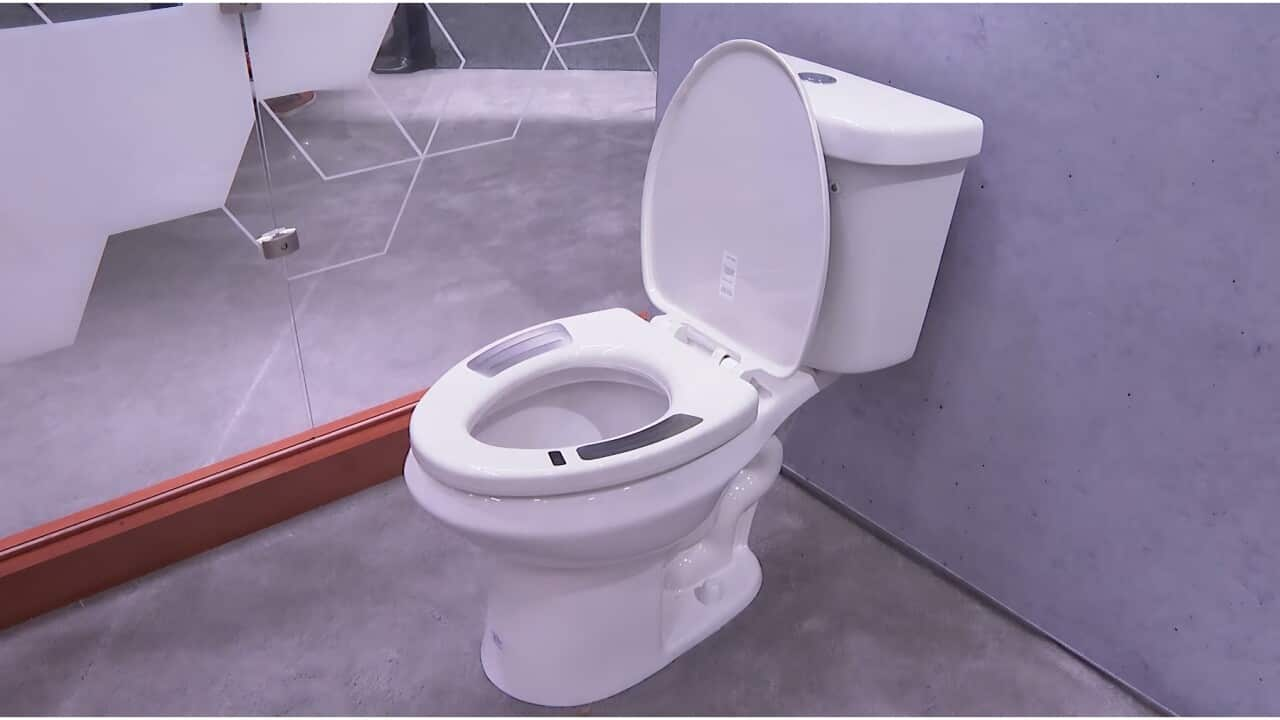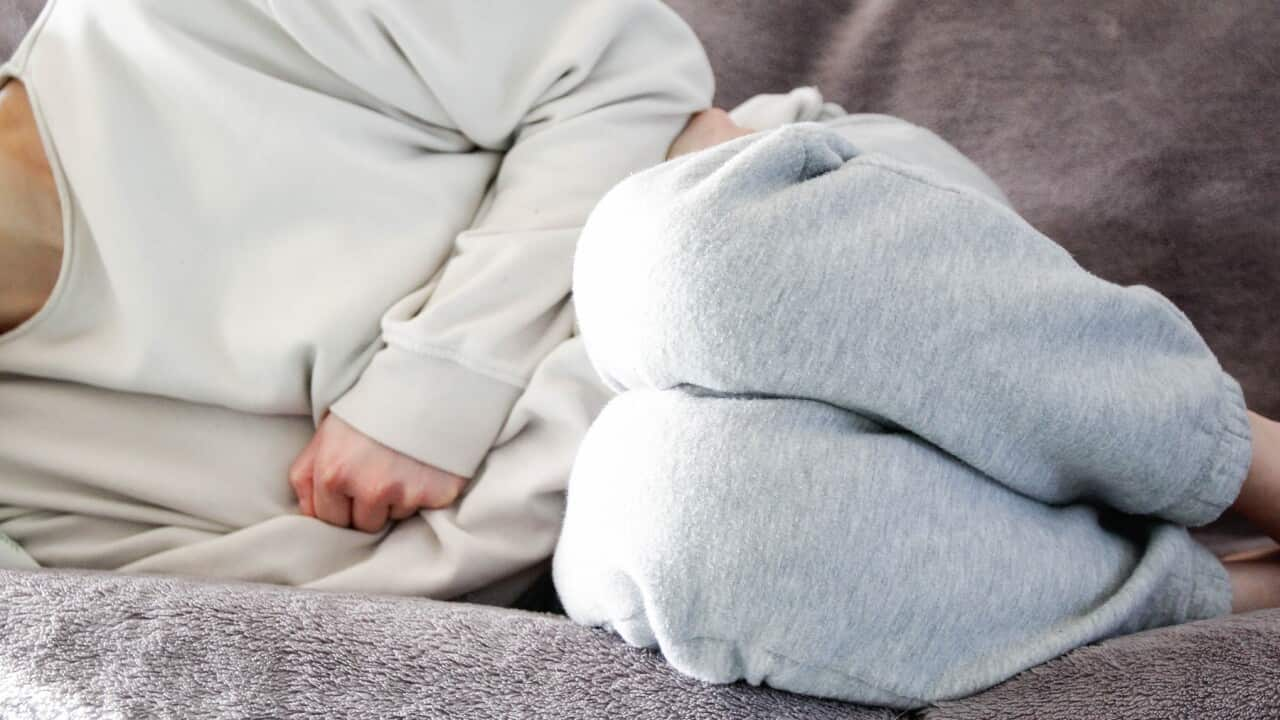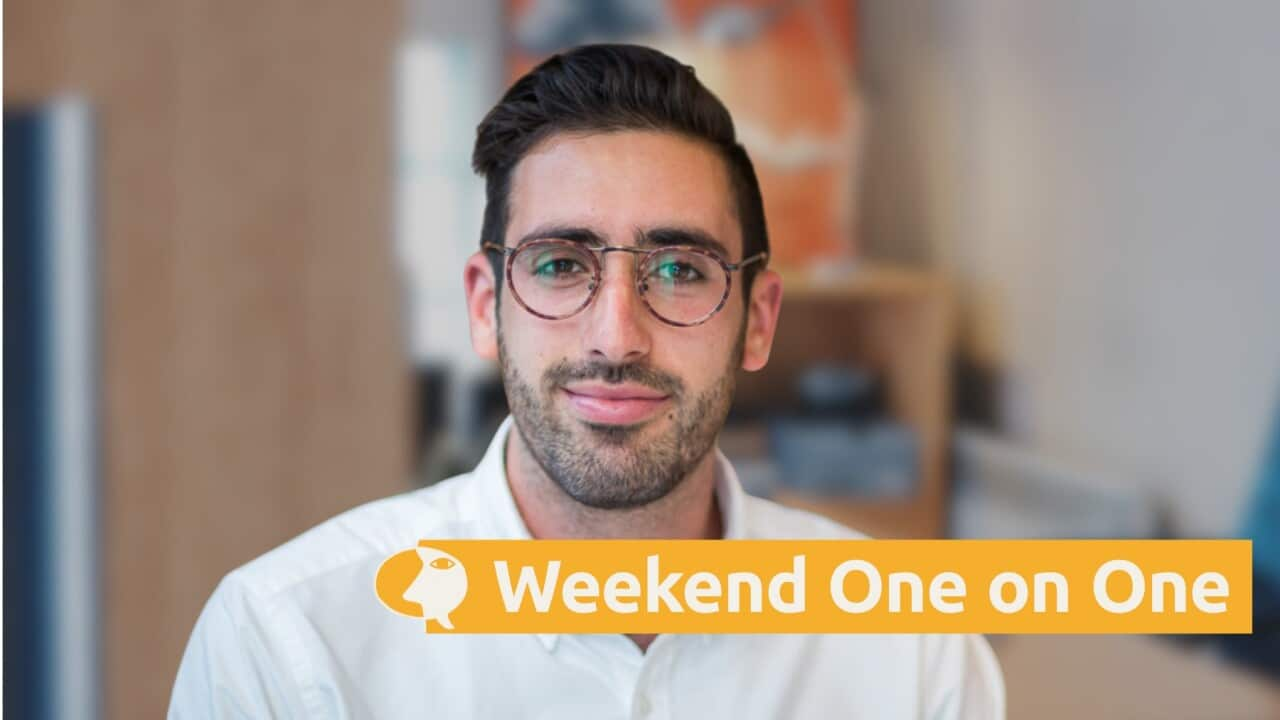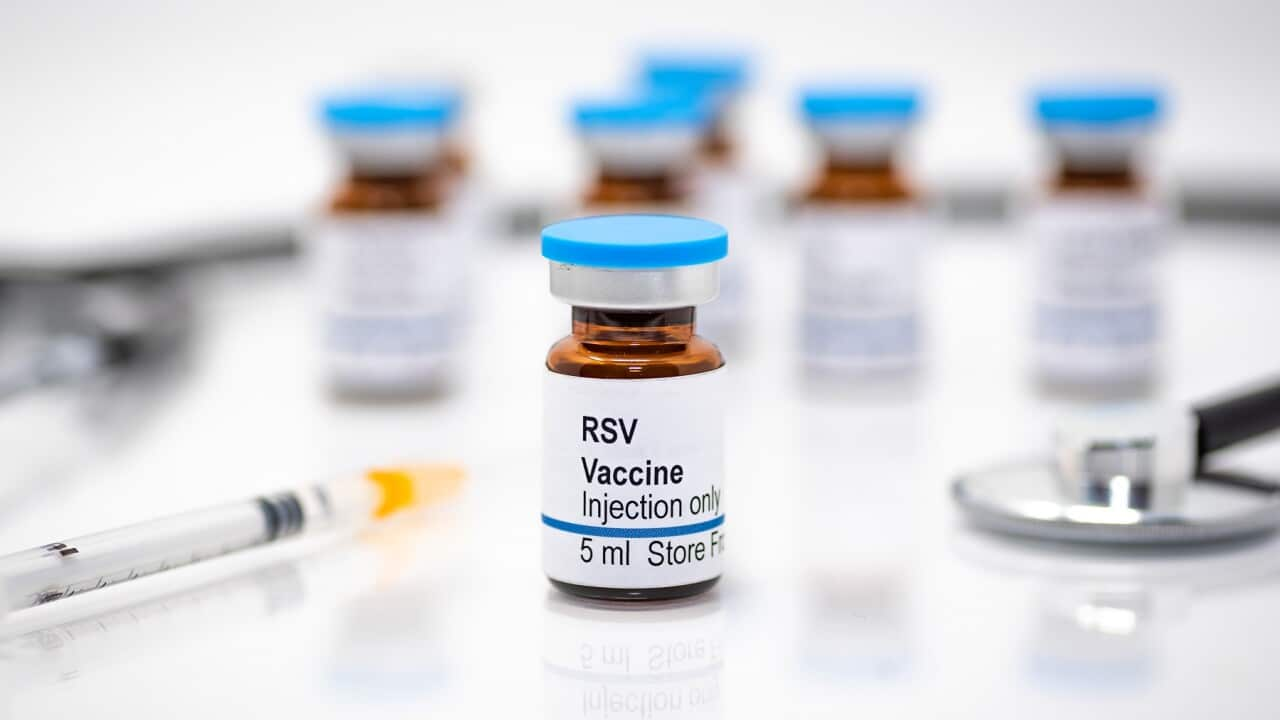TRANSCRIPT
Getting older sometimes means suffering from more chronic diseases, physical and mental decline, and loneliness.
But at the CES tech show in Las Vegas, gadgets to help the elderly live healthy and independent lives for longer are on display at Samsung Health House, a collaboration between the tech giant and AARP (formerly the American Association of Retired Persons).
There’s a smart bed with safety rails and hidden technology such as anti-snore features and biometric sensors to monitor health metrics.
There’s also a toilet seat which can measure heart rate and blood oxygenation.
And of course, AI has been integrated into several of the devices, including in something that looks like a bathroom scale.
Jo Ann Jenkins is CEO of the AARP.
“We have a device that you can stand on that works much like a weight scale, but it actually can predict whether or not you will have a serious fall in the next 12 months. And we know that for older people, falls is one of the main things that they fear to be able to go through. So having a simple device that would gauge your balance could really help you understand how important it is to practice your balancing exercises, or perhaps take that carpet up at your house, because carpet is one of the number one reasons why people fall.”
AARP estimates the market for so-called ‘Age Tech’ stands at A$12 trillion annually in the U-S alone.
And demand is likely to keep growing as more of us make it into advanced years.
Dr Hon Pak, is Global Head of Digital Health at Samsung Health.
He says AI plays a crucial role in the shift towards home-based healthcare:
“It's very clear that care is shifting into the home and technology, whether it's gen-AI, whether it's devices, but really powered by the data, is what's going to be needed to help solve a growing aging population that's going to have much greater demand on the system. And we're not prepared. And the only way out, is technology.”
Are you a selfie addict?
This next gadget could give you much more than a nice photo for social media.
The Anura Magic Mirror takes a video of the user’s face.
The gadget uses reflective light to see blood flow patterns and make estimates about the person’s health.
It’s aimed at pharmacies, hospitals, clinics and fitness centres.
Lindsay Brennan is with Nuralogix Corporation, the corporation that has developed the smart mirror.
“This is our Anura Magic Mirror device. So what it does, it's a tabletop smart mirror where we take a 30 second selfie video, and we actually analyse the blood flow patterns underneath the skin to output vital signs and health measurements. So 30 seconds and we're able to capture quite a lot of information.”
The device can measure a whole host of health metrics, including blood pressure, pulse and breathing rates, facial skin age and mental stress.
It can also tell users their risk of developing certain health conditions, such as Type 2 diabetes, heart attacks and strokes, thanks to the power of AI.
“We use AI to help us make predictions and make estimates about different health parameters such as predicting your blood pressure or predicting your risk of heart disease or cardiovascular disease. So really, the AI piece of it is helping us make estimates and predictions.”
Another little device used for health monitoring is the BeamO.
It's equipped with sensors that can quickly and simply measure basic health signs.
Livia Robic is Product Manager for Withings BeamO.
“It's a revolutionary at home health check-up device that has four sensors integrated into one small, portable device. So the four sensors are one lead electrocardiogram that allows you to assess your heart activity and can detect signs of atrial fibrillation, so it's a type of heart pathology. Embedded in the electrode there is also a pulse oximeter, which can measure your blood oxygen levels, so how efficient your lungs are at transferring the oxygen from the lungs to the blood.”
There is also a smart stethoscope.
“So it's a digital stethoscope that you can place on your body to listen to your heart and lung sounds, either with headphones or you can stream it live to your doctor during a televisit appointment. And finally, a contactless thermometer. Just in a few seconds, by scanning your forehead and covering the temporal artery, you have access to your body temperature.”
The company plans to develop it further by integrating AI into the stethoscope function to provide analysis of what it records.
The current device will retail for around A$375 and is designed to be used at home.
“So this device is intended for families to track your loved ones health, so your children, parents, grandparents. there's up to eight users on this device. It's also intended for people with chronic diseases. So, for example, a chronic respiratory disease, someone who wants to be proactive about their health and simply track their data day to day and be able to alert their doctor if there's a change in the baseline.”
And there is also a fitness ring for women developed by Movano Health.
It’s called the Evie and is aimed exclusively at women.
Stacy Salvi is Vice President of Product and Strategy at Movano Health.
“We decided to make the product for women because when we were examining the need state in health care in general and looking at wearables, we realised pretty quickly that there wasn't anything designed with women in mind from the outset. So that was really an important gap to fill.”
The Evie ring uses AI to put all that information together to spot patterns and tell the user why they might be feeling a particular way and what they can do to feel a bit better.
“AI is an important part of the Evie ring experience. As we take data in, so whether that's menstrual cycle, mood and energy, we leverage AI on the back end and combine that information with the passively collected ring data - sleep activity and heart health - to provide the user with really actionable insights that are helpful and meaningful for her day so she gets a better understanding of her body.”
CES 2024 is just a glimpse into the future of health tech.
With A-I at the forefront, we can expect even more innovative and personalised ways to monitor our health, take control of our well-being, and live healthier, happier lives.













